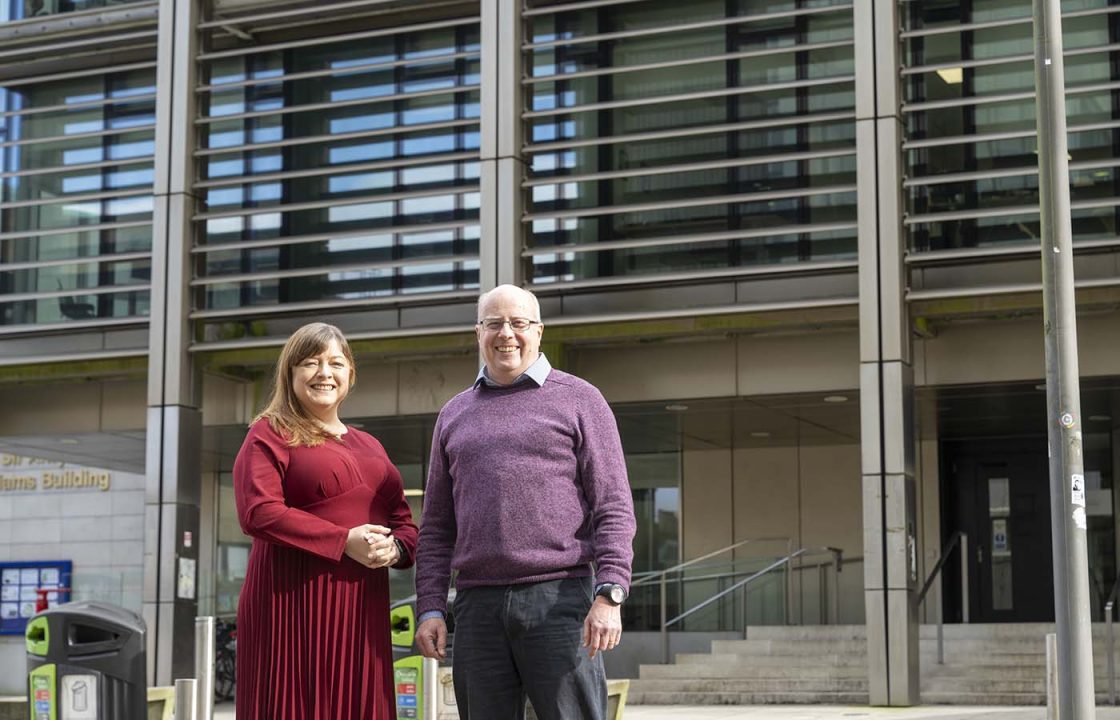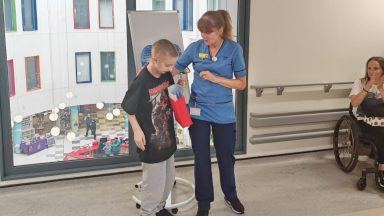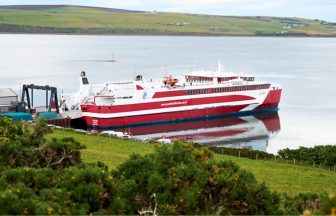The University of Glasgow will officially open a new computing science innovation lab on Friday to help foster closer collaboration between academia and industry.
The Glasgow Computing Science Innovation Lab (GLACSIL) will launch on Friday with an event at the University’s Clarice Pears Building.
It will bring together researchers from the University’s School of Computing Science with representatives from some of the six companies that have already formed close collaborative links with researchers from the school through jointly funded research.
Those companies include Bell Nokia Labs, BT Research, Thales, Moodagent, International Data Flows, and DotPhoton
GLACSIL says its aim is to build on productive partnerships already established with companies, from SMEs to multinationals across a wide range of sectors.
Jill Dykes, GLACSIL’s co-director, said: “The University of Glasgow has always been at the cutting edge of computing science. We were the first Scottish university to establish a computing science department, and the first in Scotland to install an electronic computer back in 1957.
“We have been working closely with partners in industry to help realise the real-world potential of computing science research ever since, while generating world-class socioeconomic impact.
“Universities are unique spaces where researchers have the freedom to explore ideas that they find interesting and push forward new technological developments.”
Researchers from the university and Thales have collaborated to produce a range of multi-sensor solutions for security applications.
The high volumes of data produced by these technologies can be challenging for human users to effectively interpret.
Thales partnered with researchers from the School of Computing Science to find solutions to develop AI and machine learning techniques to assist users and prevent cognitive overload.
Nicholas Wood, chief electro-optics technologist at Thales, said: “The specialist technical skills and knowledge that our business requires is high;y synergistic with the expertise of the researchers at the University of Glasgow’s School of Computing Science.
“We’re excited to be a founding partner of GLACSIL and we’re looking forward to expanding our partnership with the University in the years to come.”
Professor Phil Trinder, from the University of Glasgow’s School of Computing Science, is GLACSIL’s academic lead and co-director. He said: “Our ambition with GLACSIL is to build a culture that effectively bridges the gap between fundamental research and real-world application.
“That’s why we’re starting relatively small with companies that we already have a close relationship with, so we can build an innovation lab with a shared research culture, enabling new opportunities for collaboration and a frictionless exchange of knowledge.
“Ultimately, the goal is to make GLACSIL accessible to companies of all sizes who could benefit from working closely with our academics. We’re looking forward to developing GLACSIL as an important part of Scotland’s thriving research and innovation culture in the years to come.”
For more information on GLACSIL, visit https://www.gla.ac.uk/schools/computing/industry/innovationlab/
Follow STV News on WhatsApp
Scan the QR code on your mobile device for all the latest news from around the country


 University of Glasgow
University of Glasgow

























